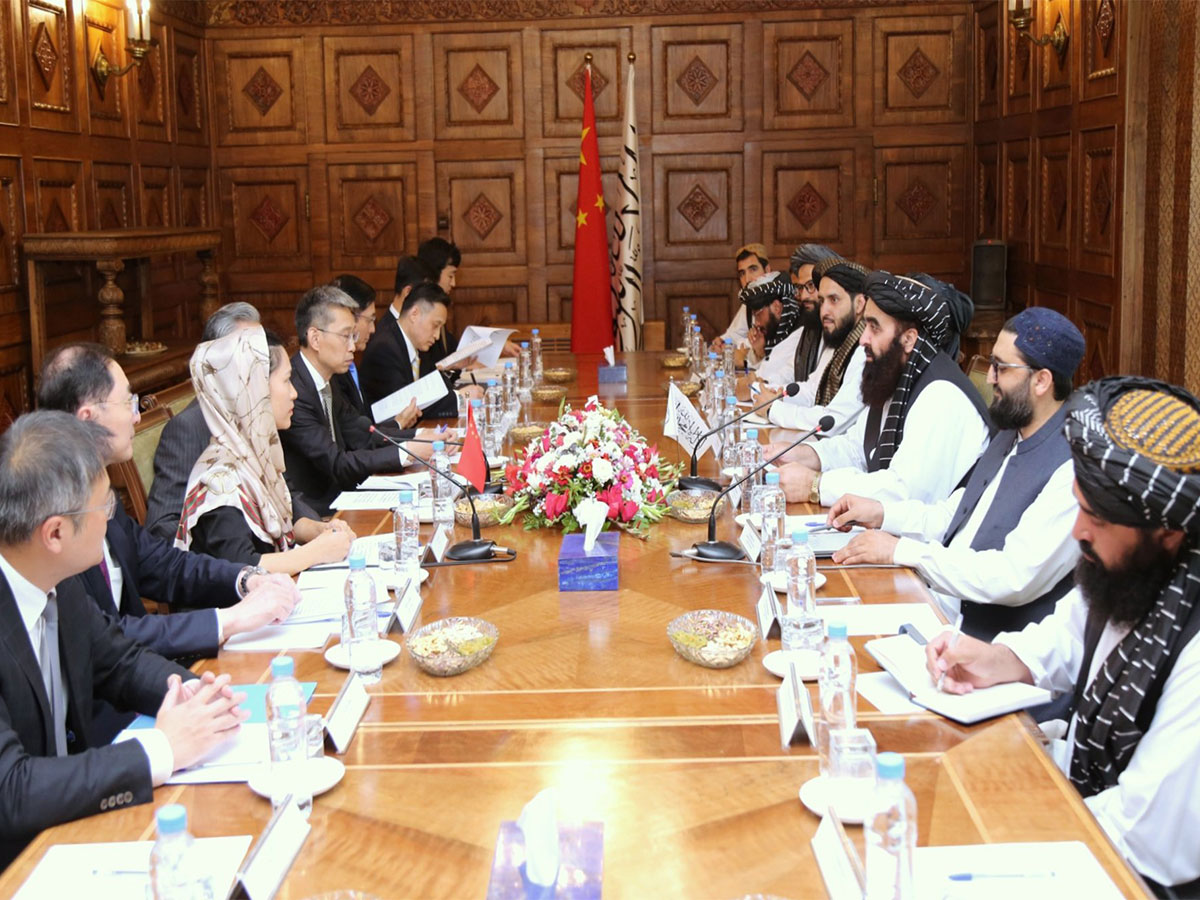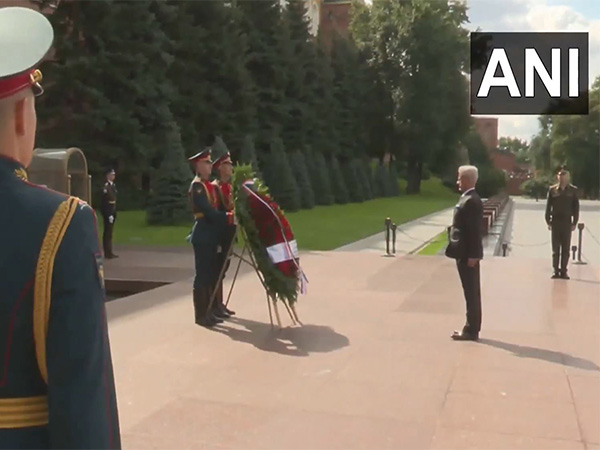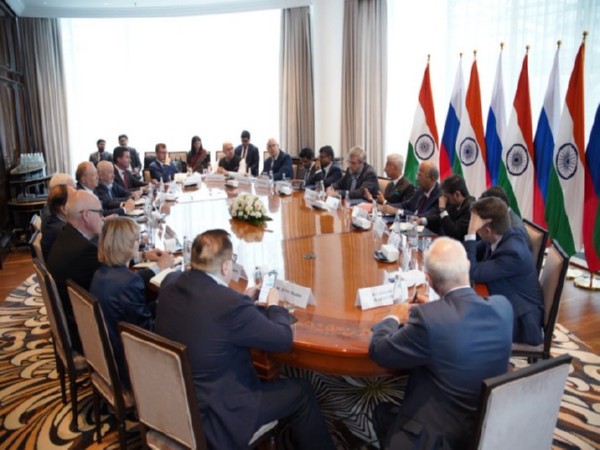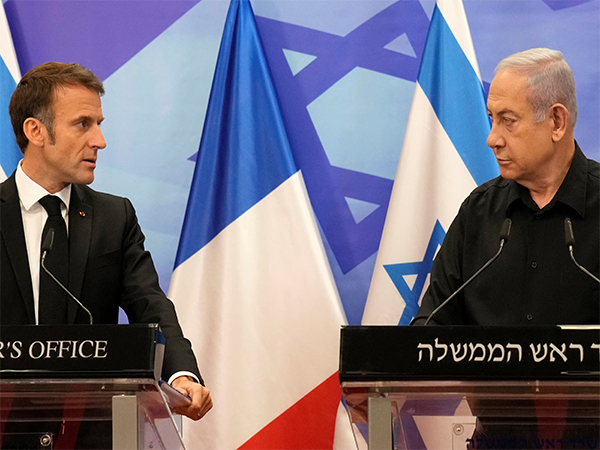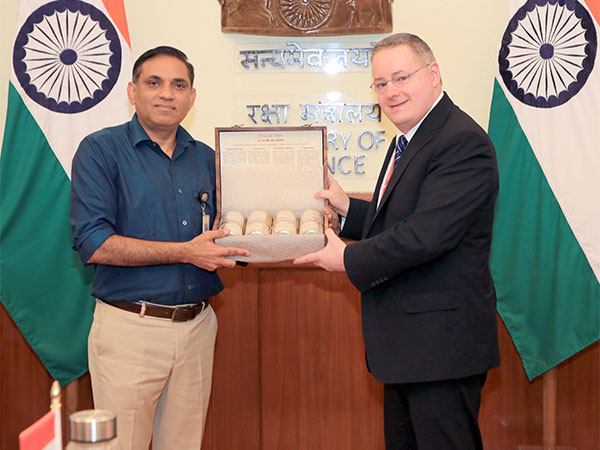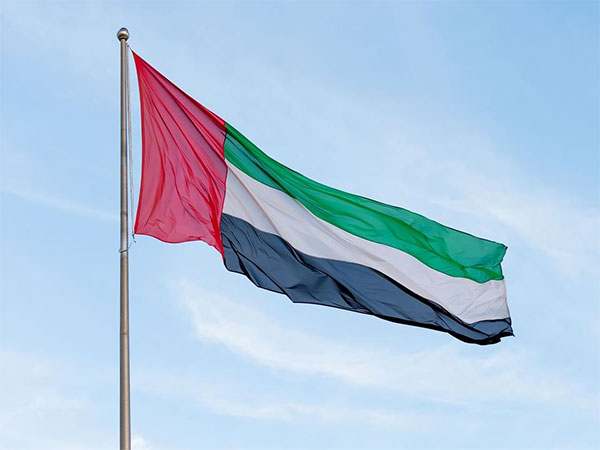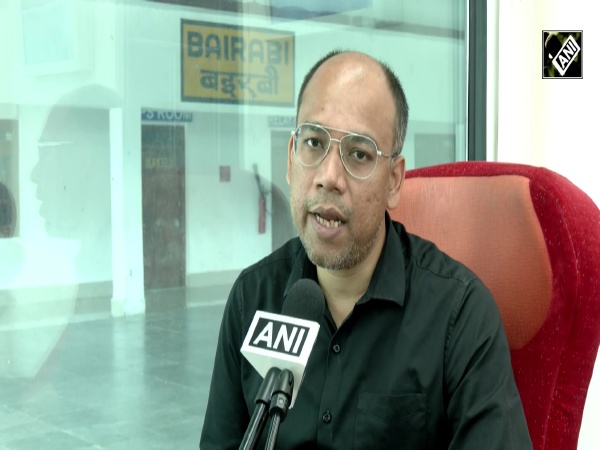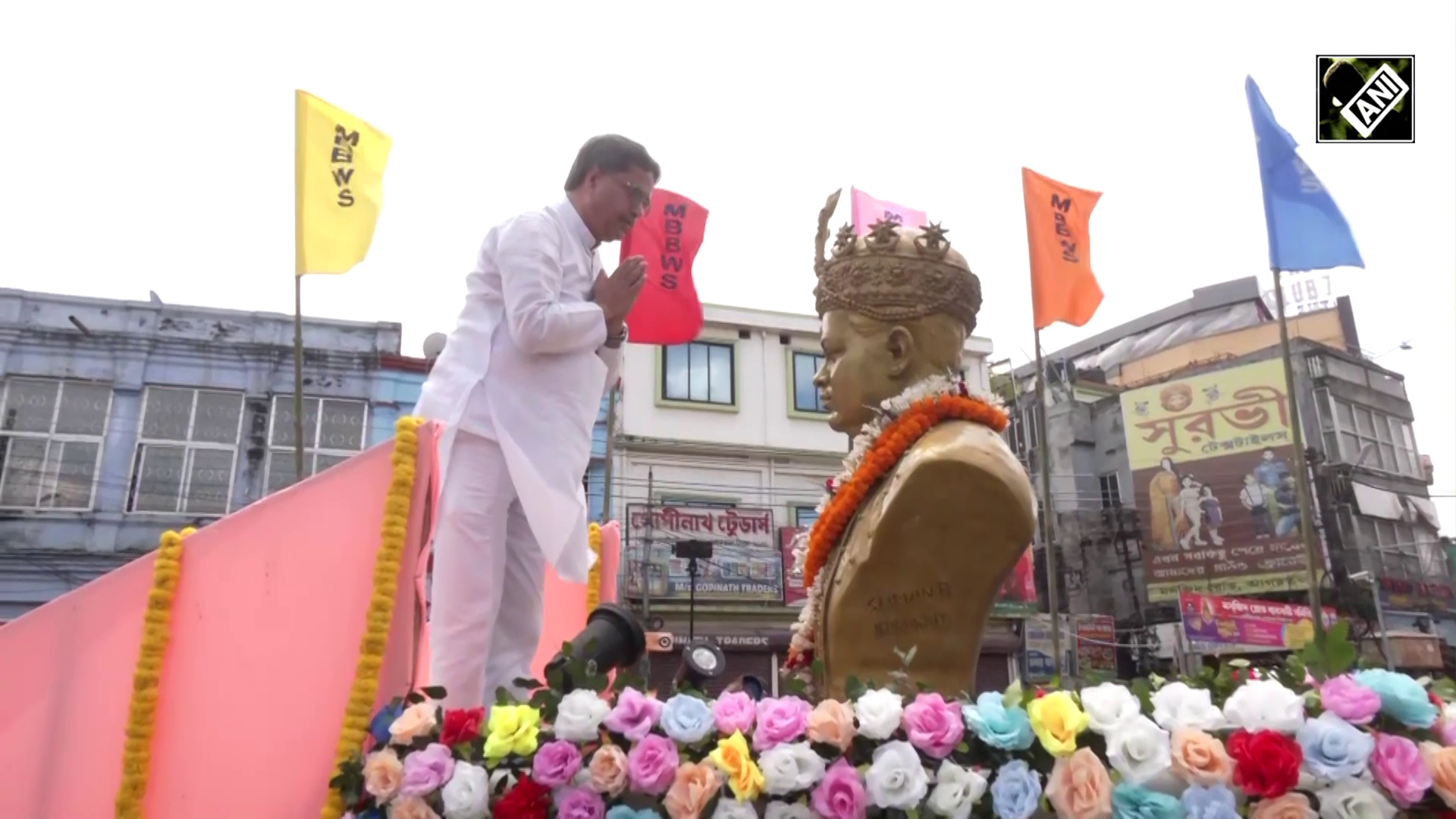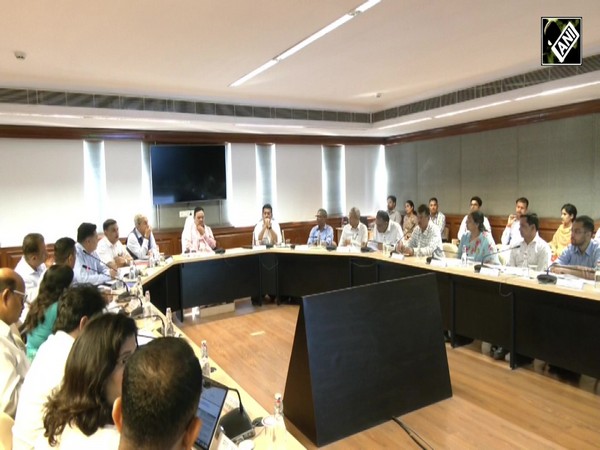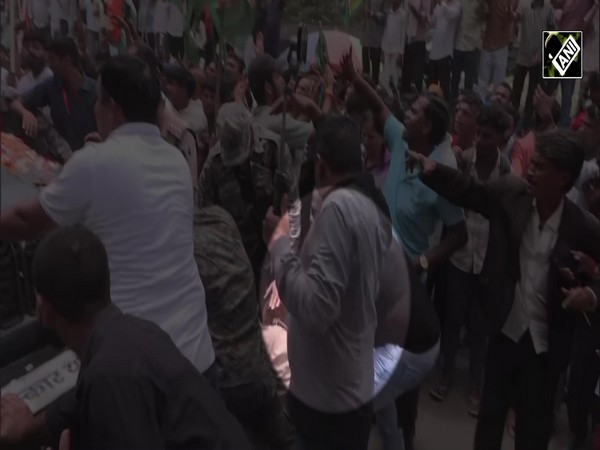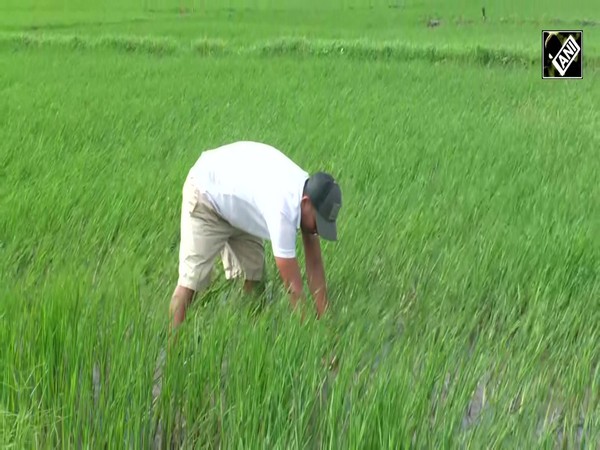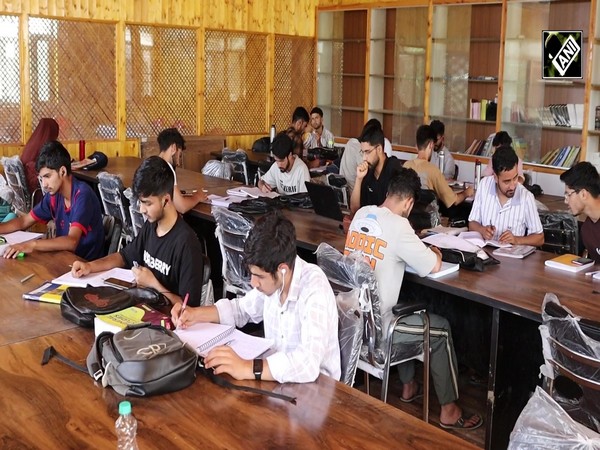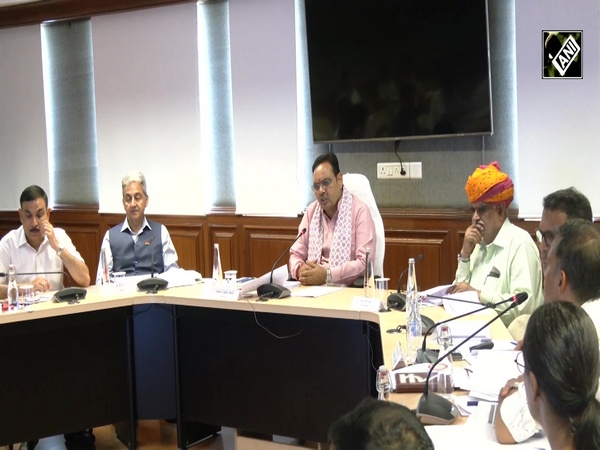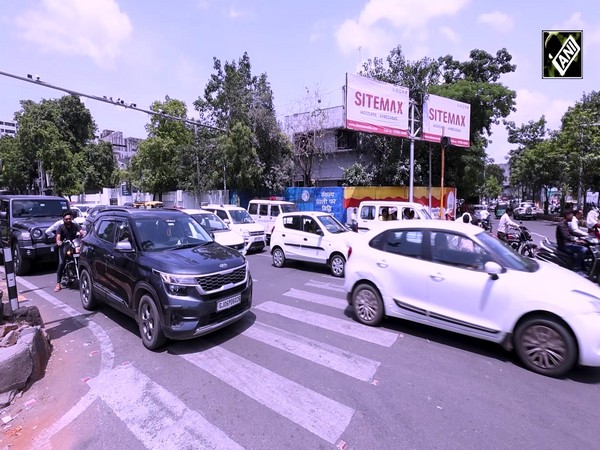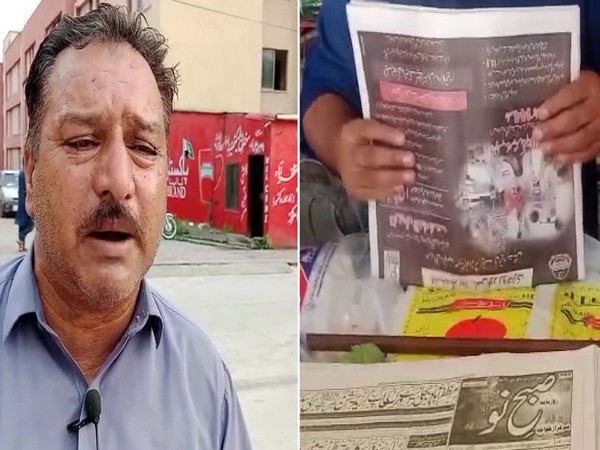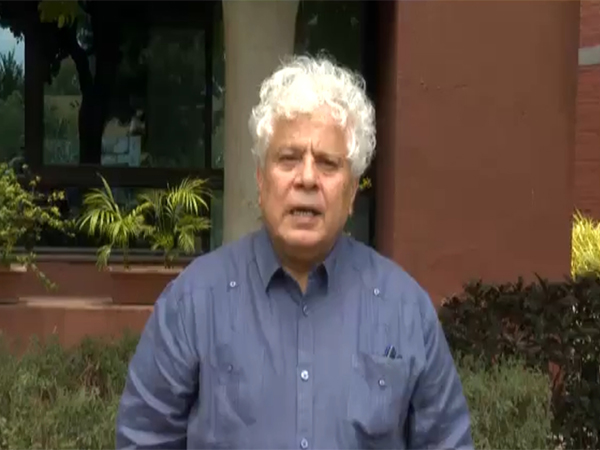
Sindhi nationalist leader calls for united resistance against Pakistan's `Greater Punjab' agenda
Jul 05, 2025
Berlin [Germany], July 5 : Amid rising global tensions and shifting geopolitical alliances, exiled Sindhi nationalist leader Shafi Burfat, Chairman of the Jeay Sindh Muttahida Mahaz (JSMM), has issued a strong warning about the potential fallout for smaller nations caught in the strategic crossfire of global superpowers.
Citing conflicts ranging from the Russia-Ukraine war and China-Taiwan tensions to Iran-Israel confrontations and Central Asian skirmishes, Burfat claimed that "the world is undergoing a dangerous realignment." He warned that any direct conflict between major nuclear powers could result in global devastation, akin to the mass extinction caused by the asteroid that wiped out the dinosaurs.
According to Burfat, within this volatile geopolitical landscape, Pakistan's Punjabi-dominated establishment is allegedly advancing an expansionist agenda known as the "Greater Punjab" project. He claims this plan includes efforts to absorb historically Sindhi territories such as Lasbela and Kachhi, as well as parts of Balochistan, while also eyeing regions of Indian Punjab and Jammu and Kashmir.
He alleged that Punjab is leveraging its demographic and military dominance to build tactical alliances with both the United States and China in pursuit of regional ambitions. He further suggested that these manoeuvres are being presented to global powers as stabilizing solutions, in return for geopolitical concessions.
Burfat speculated that in future regional reconfigurations, global powers might back efforts to provide Afghanistan with access to the Arabian Sea -- possibly at the cost of Balochistan's territorial integrity. He pointed to the potential transformation of Kalat into a semi-autonomous Brahui region, while Baloch communities may face increasing fragmentation and external influence.
He also argued that the Baloch people's tribal social structure and the absence of a historically independent Baloch state diminish international support for their independence. Citing historical records such as the Chach Nama and Tareekh-e-Multan, Burfat asserted that much of modern-day Balochistan was once part of the ancient Sindhi territory known as Sewistan.
Reaffirming Sindh's rich civilizational heritage, Burfat stated, "Sindh has existed for millennia as an independent nation," highlighting the blending of various ethnic groups -- including Aryans, Dravidians, Arabs, Rajputs, and others -- into a unified Sindhi national identity.
Despite this legacy, he warned of alleged efforts to erase Sindh's distinct identity, possibly through symbolic gestures such as renaming the region "Indus" to weaken its cultural and national coherence.
In response to these perceived threats, Burfat called on all sections of Sindhi society -- including intellectuals, lawyers, students, and political activists -- to rally behind a cohesive national movement. He emphasized the need for grassroots mobilization, international diplomacy, and, if necessary, armed resistance to preserve Sindh's sovereignty.
He also issued an emotional appeal to Sindhi youth and civil society to stand in defence of their land. "We are prepared to cross rivers of blood if necessary," he declared, vowing to protect Sindh's freedom and dignity at all costs.
